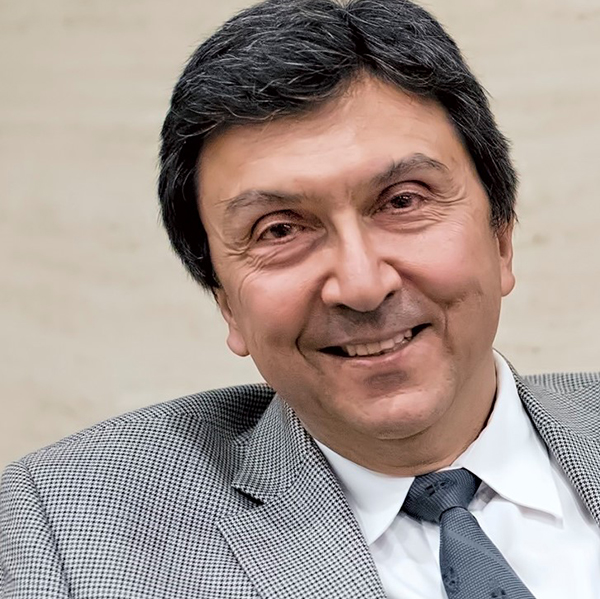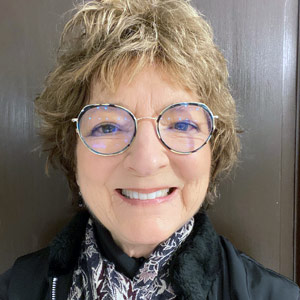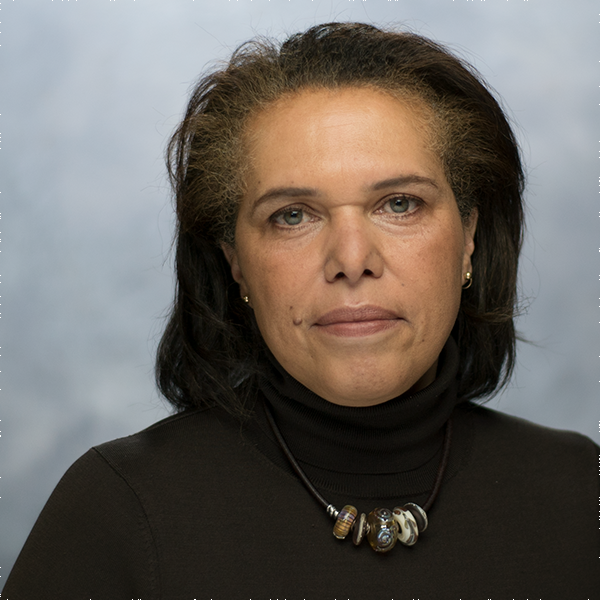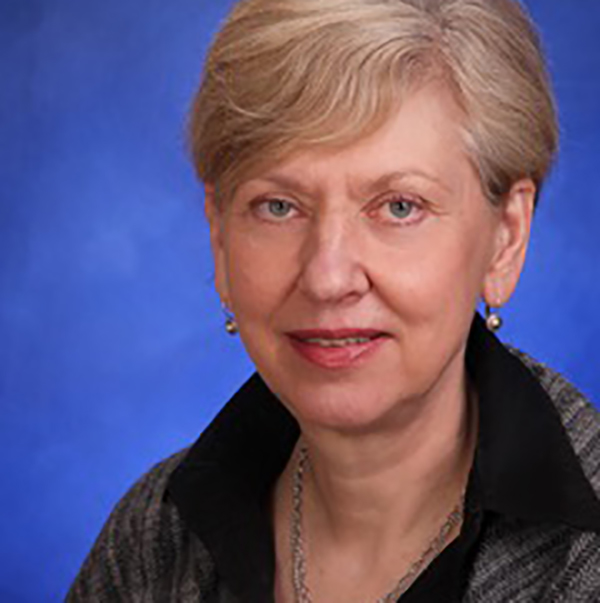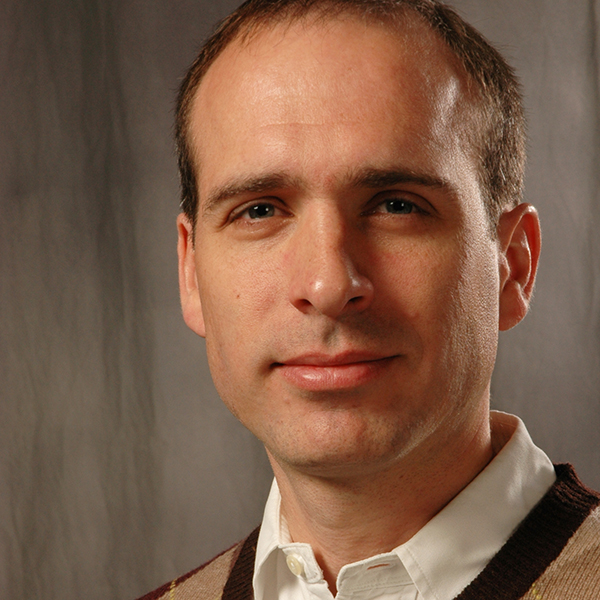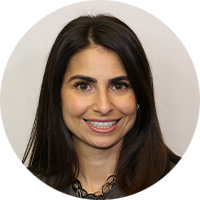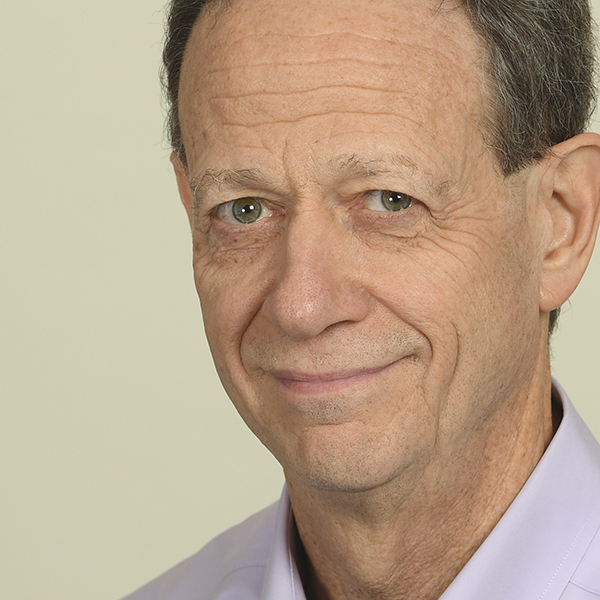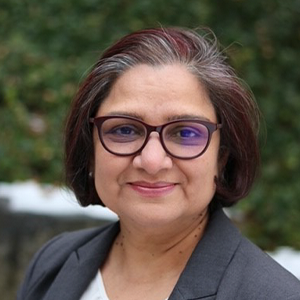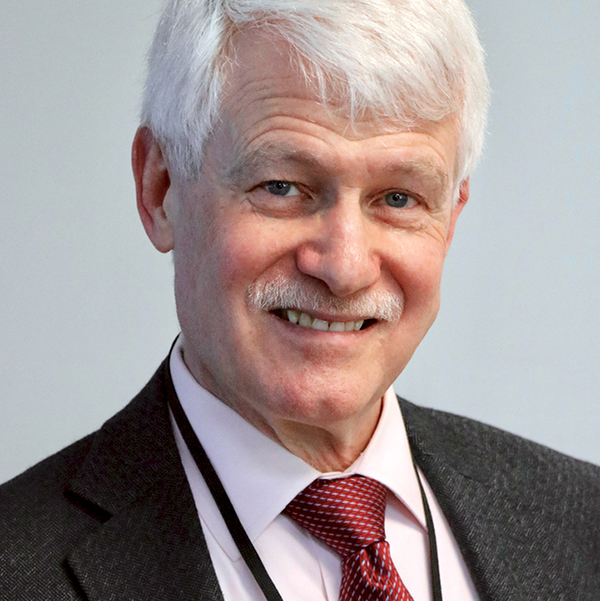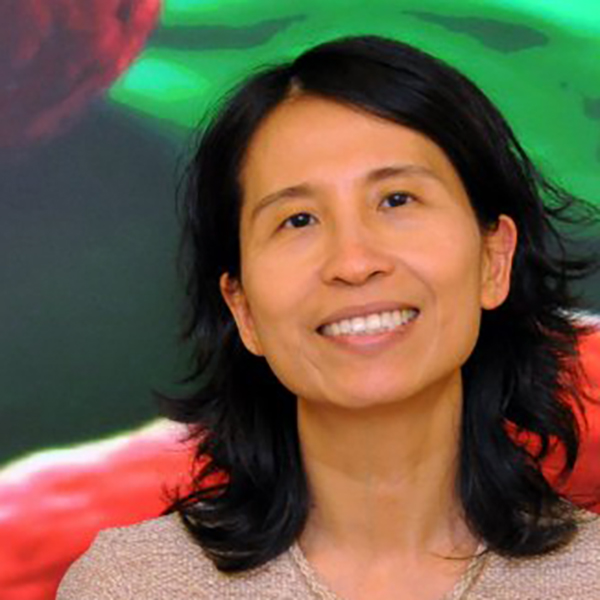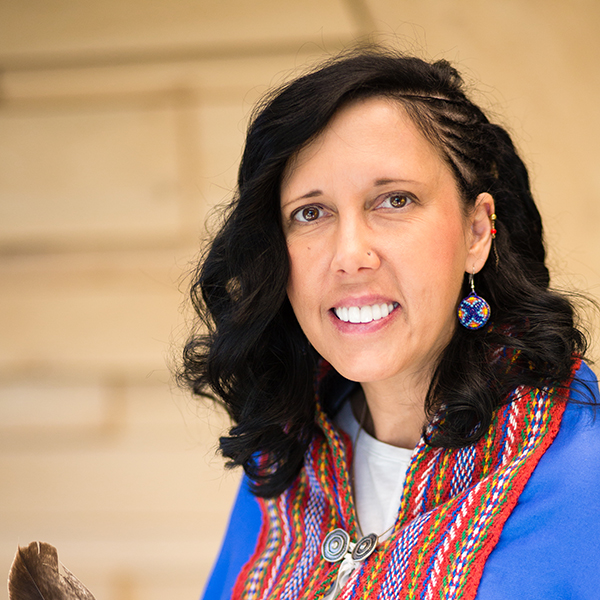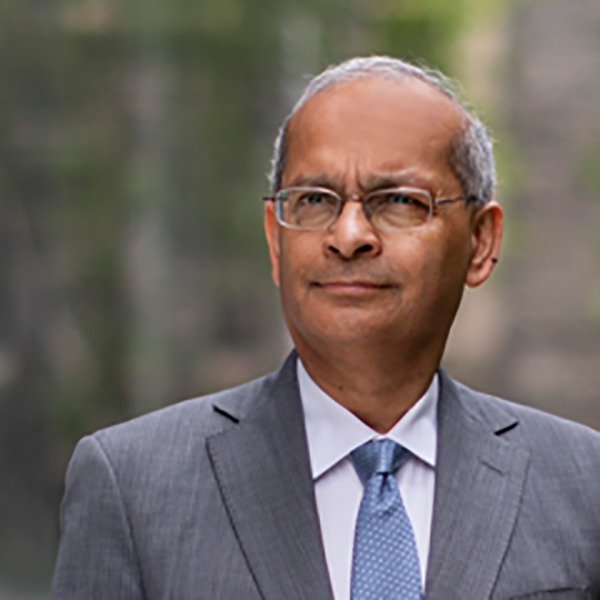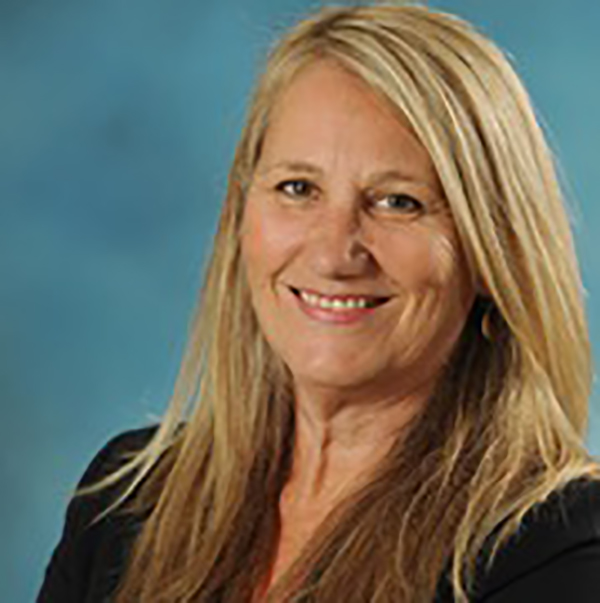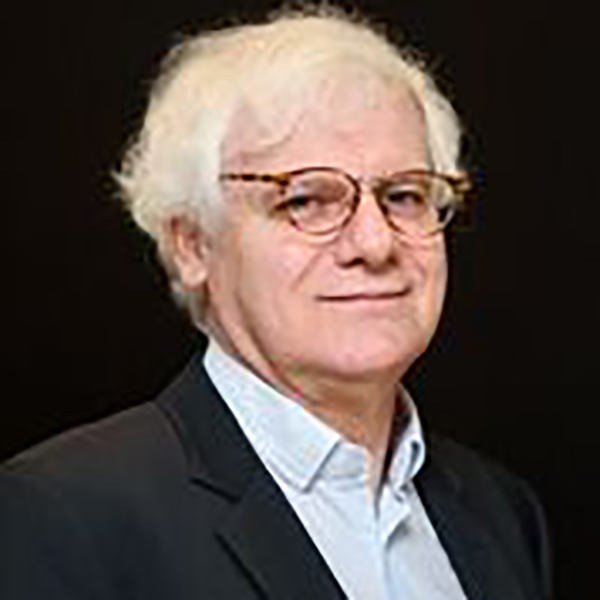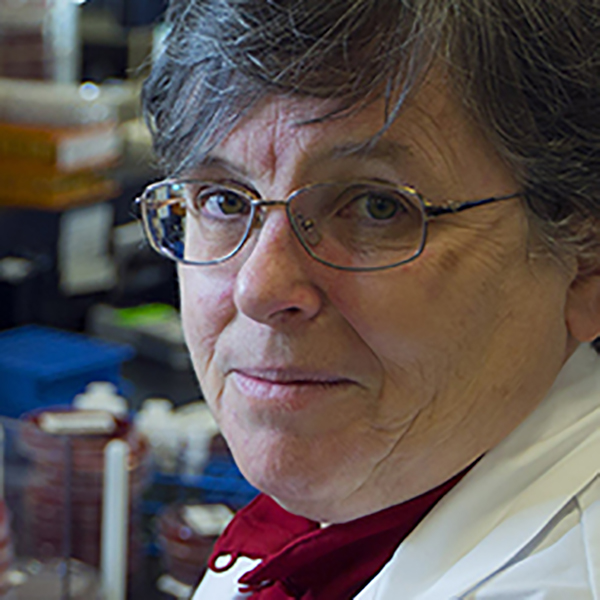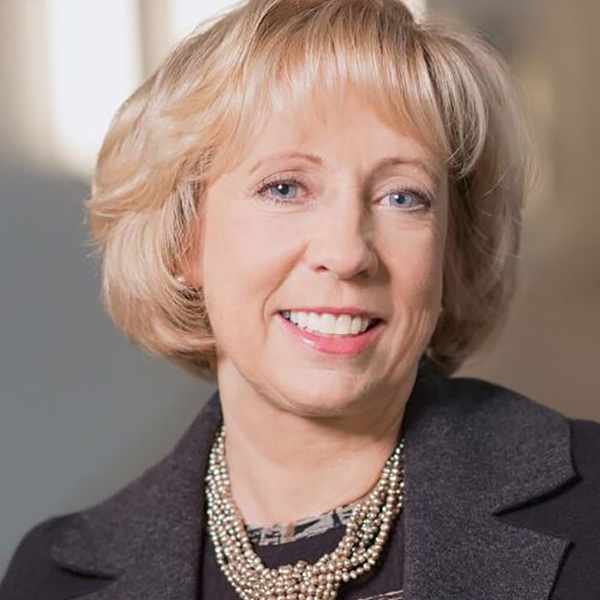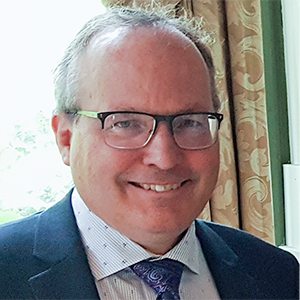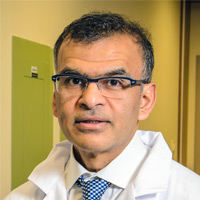Previous CITF Governance Structures & Members
We wish to thank all Executive Committee, Working Party, Leadership Group and Indigenous Advisory Circle members for their tireless volunteerism, spending countless hours steering the COVID-19 Immunity Task Force (CITF) to help Canada’s response to the COVID-19 pandemic.
Executive Committee
The Executive Committee (EC) was the highest decision-making body within the CITF. It was established to ensure due diligence, strategic alignment, and value-for-money in the CITF’s research practices, as well as the appropriate management of Conflicts of Interest (COI) when all CITF funding recommendations were being made. The mandate of the EC concluded on December 31, 2022. The EC comprised the CITF co-Chairs, the CITF Executive Director, six rotating members from the CITF Leadership Group (LG), and ex-officio membership from PHAC. Membership was conditional on neither seeking, nor holding, CITF support either as a Principal Investigator (PI) or a Co-Investigator.
Members

Working Parties
To fulfill its mandate, the CITF developed a scientific strategy focused initially on three priorities: serosurveillance, immune science, and serologic testing. In consequence, the CITF LG formed three corresponding Working Parties (WPs), the focus of which evolved over the course of the pandemic, as they adapted to emerging needs and challenges. The final iteration of the CITF WPs was: Field Studies, Vaccine Surveillance, and Immune Science and Testing. All three WPs concluded their mandate on December 31, 2022.
Field Studies Working Party
The Field Studies Working Party (FSWP) focused on research related to COVID-19 public health, surveillance, epidemiology, and modelling in Canada. Members were chosen from across Canada based on their expertise in the aforementioned areas or other relevant disciplines.
Working Party leads
Vaccine Surveillance Working Party
The Vaccine Surveillance Working (VSWP) focused on research related to the safety, efficacy, and immunogenicity of COVID-19 vaccines in Canada. Members were chosen from across Canada based on their expertise in the areas of infectious diseases, vaccinology, immunology, epidemiology, public health, and other relevant disciplines.
Working Party leads
Immune Science and Testing Working Party
The Immune Science and Testing Working Party (ISTWP) focused on research related to COVID-19 immune science and antibody testing in Canada. Members were chosen from across Canada based on their expertise in the areas of immunology, infectious diseases, laboratory medicine (testing), and other relevant disciplines.
Working Party leads

Leadership Group
The Leadership Group (LG) acted as the CITF’s primary strategic advisory body, drawing on its diverse technical and jurisdictionally representative leadership from across Canada and within the federal government. Its membership included experts in matters related to serologic surveillance, immunology, virology, infectious diseases, epidemiology, public health, and clinical medicine. It also included ex-officio members representing agencies of the Government of Canada, specifically, PHAC, Health Canada, and the Office of the Chief Science Advisor. Representatives of provincial-territorial ministries of health and public health units, and McGill University (Secretariat host) were also core members of the LG.
The CITF Leadership Group played an active role in the leadership of the CITF from the Task Force’s inception in April 2020 and concluded activities in June 2022. An enormous amount of gratitude goes to all LG members for their tireless volunteerism, spending countless hours steering the CITF to help Canada’s response to the COVID-19 pandemic.

Government of Canada representatives

Leadership Group members

Provincial & Territorial representatives

Indigenous Advisory Circle
The work of the Indigenous Advisory Circle (IAC) was initiated in 2020 and formally came to a conclusion in 2021. All members’ efforts and contributions were greatly appreciated. As results from CITF-supported studies emerged bearing on Indigenous communities, the CITF continued to make efforts to engage Indigenous policy, community, and scientific leaders in discussion of their implications.


